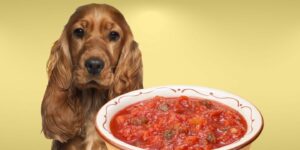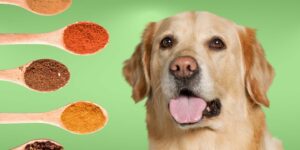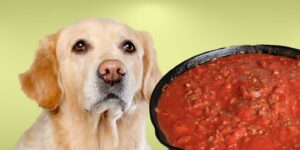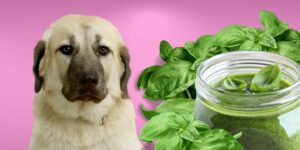The short answer is no; dogs should not eat marinara sauce. While marinara sauce itself is not toxic to dogs, it can contain ingredients that are harmful to them, such as onions, garlic, and even some herbs.
Why Marinara Sauce is Bad for Dogs
Marinara sauce typically contains a combination of tomatoes, onions, garlic, and herbs. While tomatoes and some herbs are not toxic to dogs, onions and garlic can be. Both onions and garlic belong to the Allium family, which can be toxic to dogs if ingested in large quantities. Ingesting even small amounts of onions or garlic can cause gastrointestinal irritation and potential anemia in dogs.
Safe Alternatives for Dogs
If you want to give your dog a tasty treat, it's best to stick to dog-friendly foods. There are many commercially available dog treats on the market that are specifically designed for dogs. You can also make your own dog treats at home using ingredients that are safe for dogs, such as peanut butter, pumpkin, and oats.
Portion Size
It's important to remember that even safe treats should be given to dogs in moderation. Be sure to follow the recommended serving sizes on commercial dog treats, and consult with your veterinarian if you have any concerns about your dog's diet.
Understanding the Dangers of Onions and Garlic for Dogs
Why Onions and Garlic are Toxic to Dogs
Onions and garlic contain compounds called N-propyl disulfide and thiosulfate, which can damage dogs' red blood cells and lead to anemia. These compounds can also cause oxidative damage to dogs' organs.
Symptoms of Onion and Garlic Toxicity in Dogs
Signs of onion and garlic toxicity in dogs include:
- Vomiting
- Diarrhea
- Abdominal pain
- Lethargy
- Rapid breathing
- Weakness
- Pale or yellowish gums
Treatment for Onion and Garlic Poisoning in Dogs
If you suspect that your dog has consumed a significant amount of onions or garlic, it's important to seek immediate veterinary care. Treatment for onion and garlic poisoning may include:
- Inducing vomiting
- Activated charcoal administration
- IV fluids
- Blood transfusions (in severe cases)
The Potential Risks of Tomatoes and Herbs for Dogs
Tomatoes
While ripe tomatoes are generally considered safe for dogs, unripe tomatoes and tomato plants can be toxic to dogs due to the presence of a compound called solanine.
Symptoms of Tomato Poisoning in Dogs
Symptoms of tomato poisoning in dogs include:
- Gastrointestinal upset
- Lethargy
- Weakness
- Tremors
- Seizures
Herbs
Certain herbs, such as oregano and parsley, are not toxic to dogs, while others, like chives, can be harmful. It's crucial to research the specific herbs used in marinara sauce and their effects on dogs before considering giving any to your pet.
How to Prevent Accidental Ingestion of Marinara Sauce
- Keep marinara sauce out of your dog's reach
- Train your dog to avoid table scraps
- Educate family members and guests about the dangers of feeding your dog human food
- Use dog-safe treats to reward your pet instead of human foods
Conclusion
While marinara sauce may seem like a harmless treat for your dog, it's best to avoid giving it to them due to the potential risks associated with onions, garlic, and other ingredients. Stick to dog-safe treats and consult with your veterinarian if you have any concerns about your dog's diet.











